The Mesa Redonda theater group will once again perform Llorenç Moyà’s Via Crucis on Good Friday at 12:00 p.m., after a two-year hiatus due to the pandemic. Moyà’s text will reach its 35th edition, under the organization of the Palma City Council’s Department of Culture and with an outstanding novelty, because it will no longer be held on the steps of La Seu, but in Ses Voltes. The new location offers a sufficiently large space for both the actors and the public.
“I think it will be a very positive change for the work, which will be able to breathe much more without losing direct contact with the public, which is so necessary”, pointed out the director of Mesa Redonda, Bernat Pujol, who also highlighted that Ses Voltes is the scene of another emblematic text by Moyà, “The Adoration of the Three Kings of the East”.
In addition, this year Pep Banyo will sing fragments of poems accompanied by the musician Jaume Salom, who will play the flute. The itinerary will be: Plaza de Corte (12 noon), Conquistador Street, Huerto del Rey (together), Murada Staircase and Ses Voltes.
Sonnets for the Via Crucis
Llorenç Moyà wrote the sonnets for the Via Crucis in the spring of 1953. But this work was unpublished until 1960, when it was presented for the Mosén Alcover de Manacor award, which it won with the title “Las flores de la Pasión”. The following year it was already published under the title Via Crucis. The edition was carried out by Ganímedes, the publishing house founded by Rafel Ferrer and Miquel Àngel Riera, and Josep Maria Llompart wrote the prologue.
In 2000 it was published again when Gabriel Sampol made a new edition for Capaltard. On the other hand, the City Council held a third edition in 2009 to commemorate 25 years of performances.
Via Crucis consists of fourteen sonnets dedicated to each of the stations of the Passion, plus the two that close it. The primary element of the poems is not the suffering of martyrdom and crucifixion, but beauty.
This sacramental act is part of the events scheduled for Holy Week, although it has nothing to do with a procession. It is a theatrical ritual, where movement, screaming, lamentation and music are mixed.
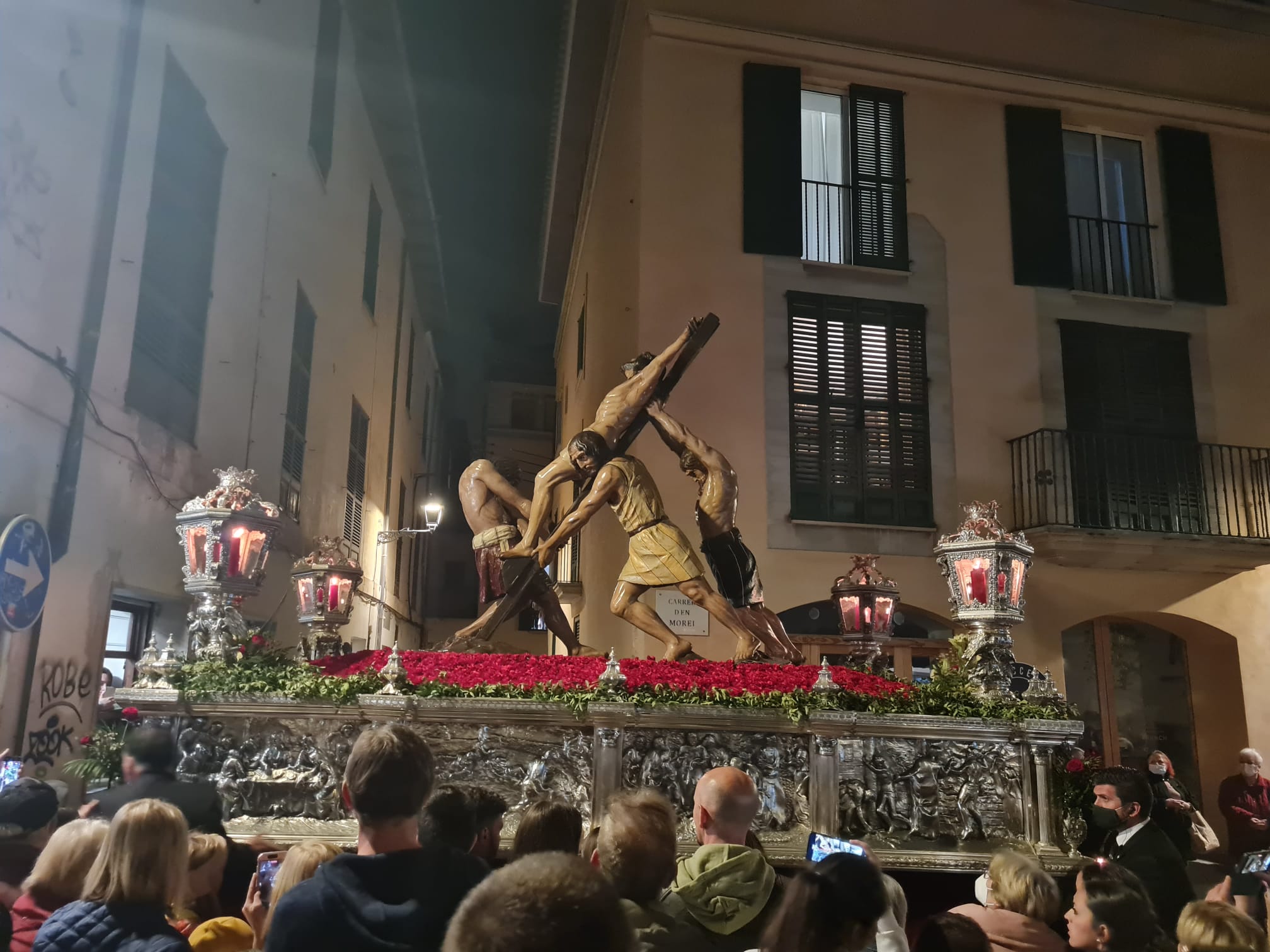
The Holy Week processions return to Palma after the pandemic. Photo: R.B.

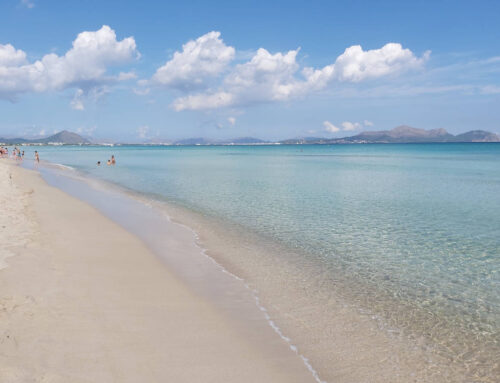

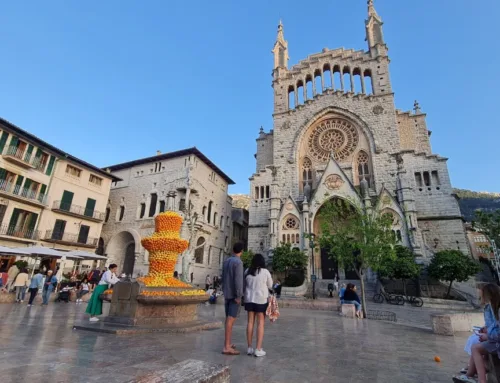
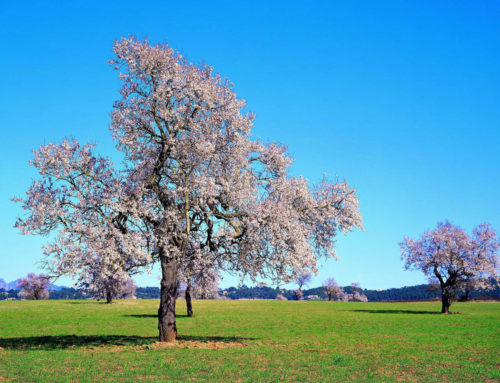
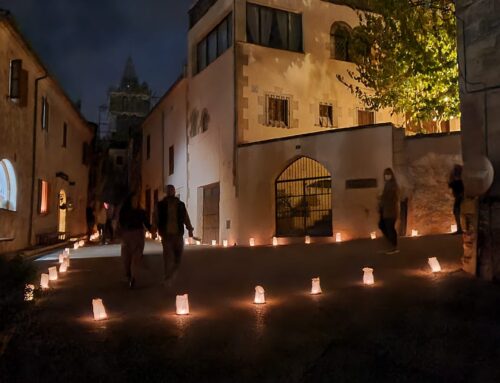

Leave A Comment